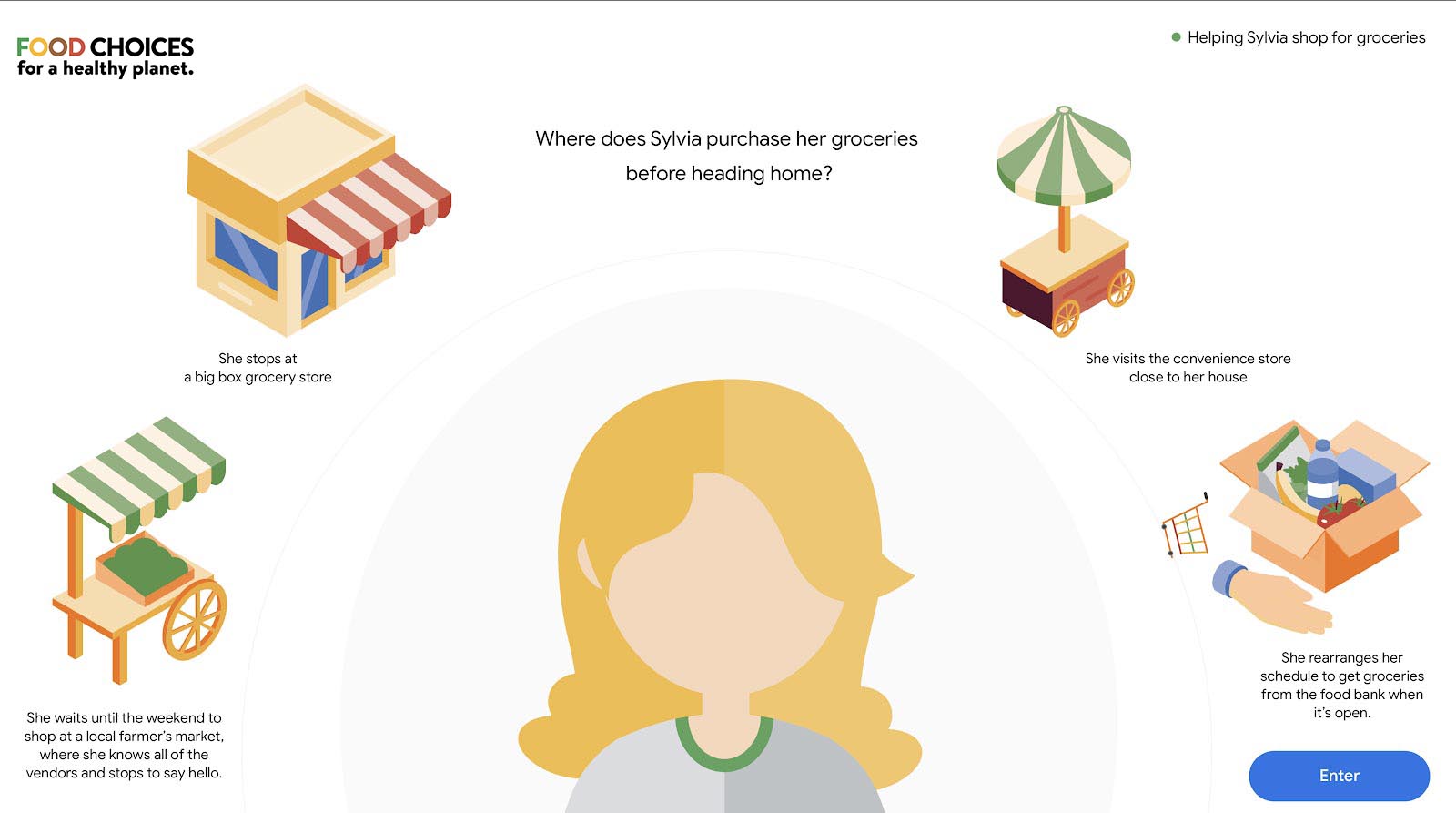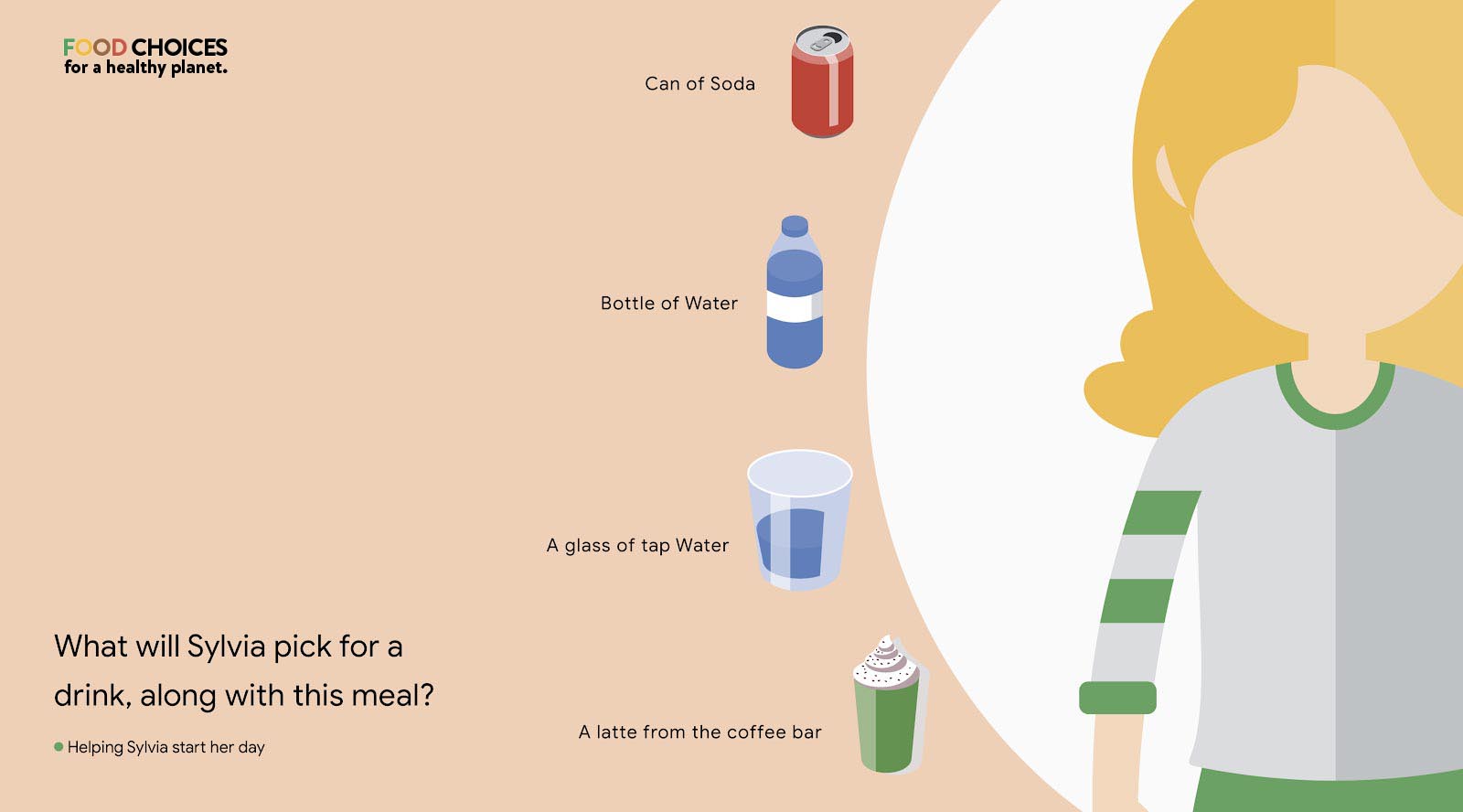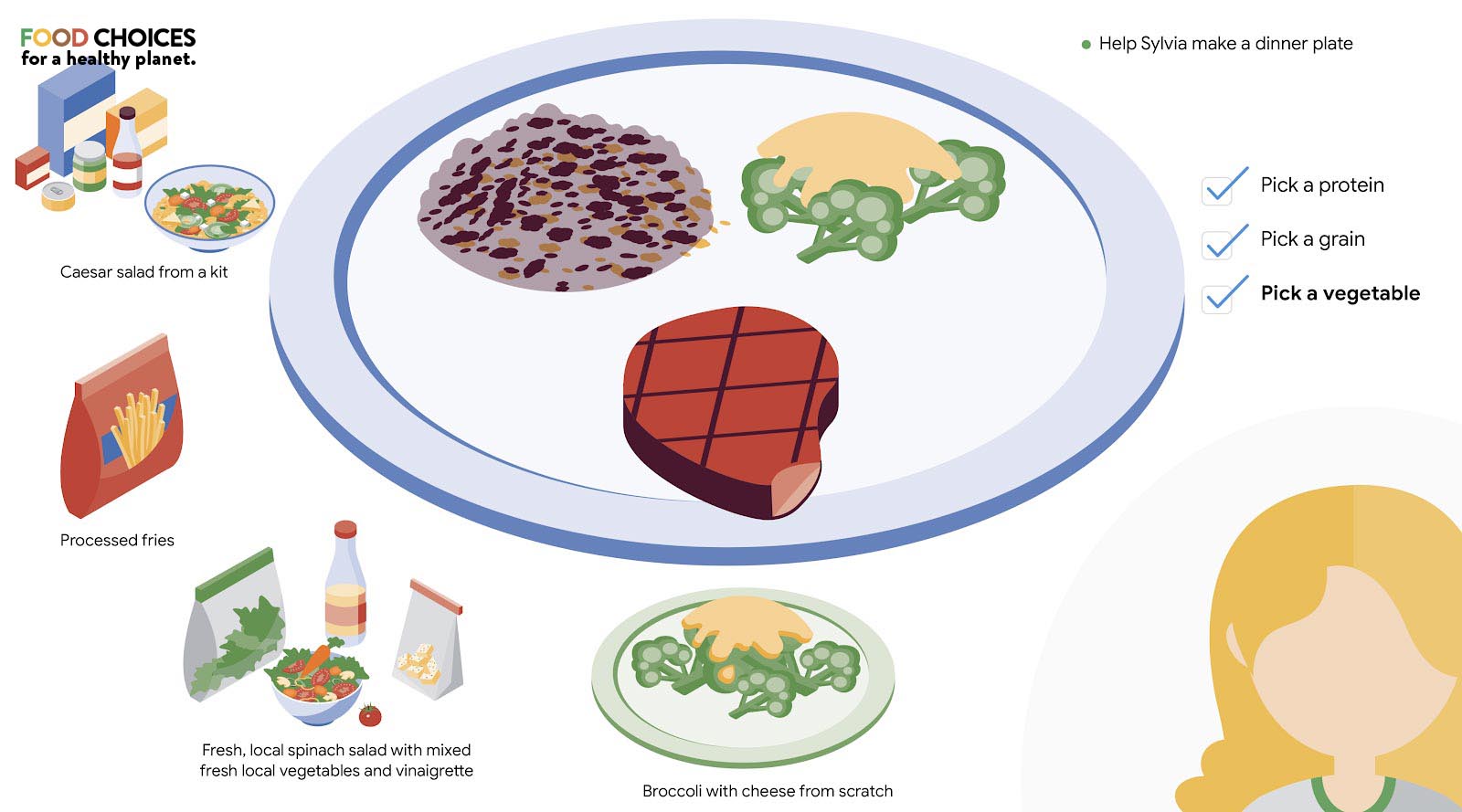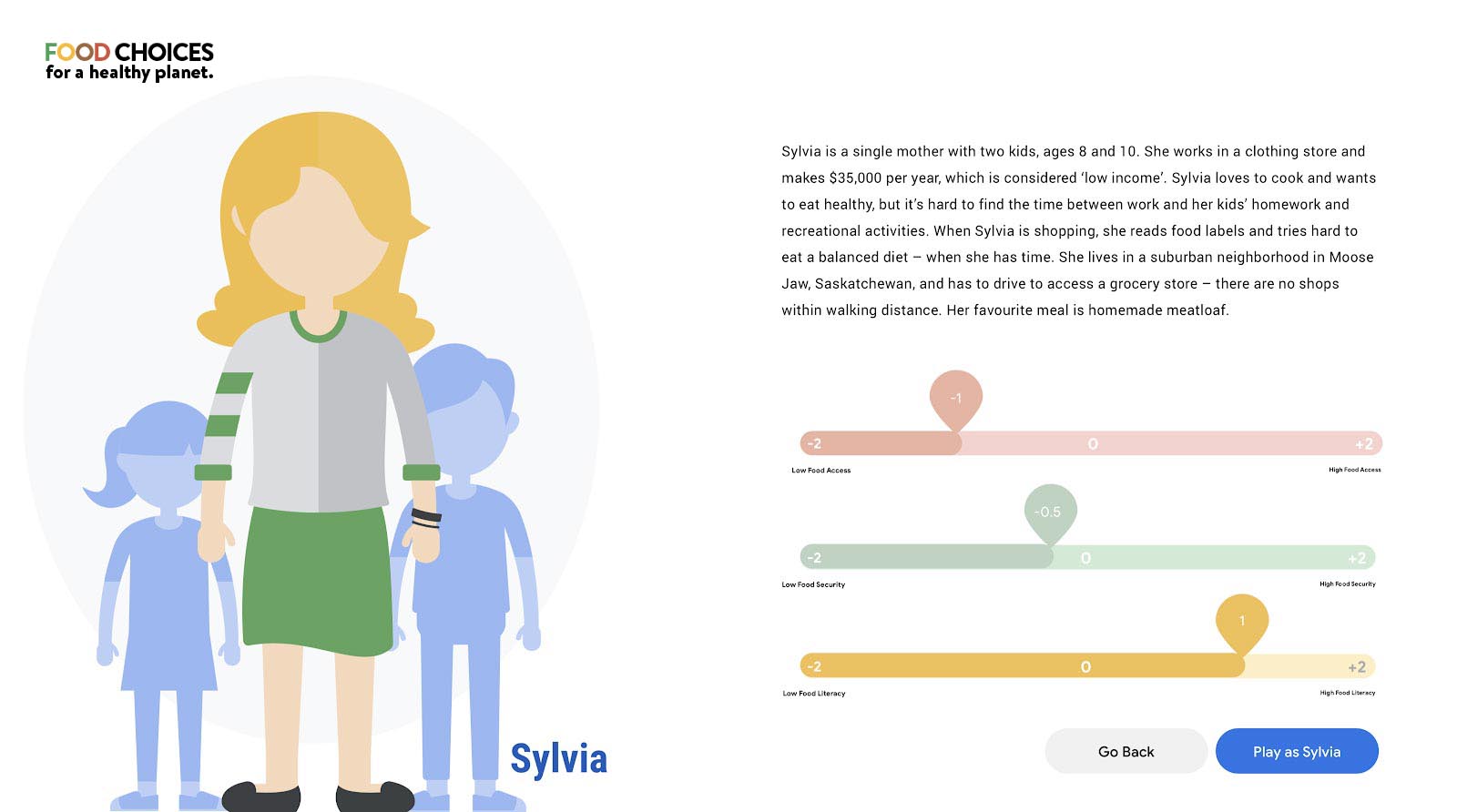Alice holds a PhD in Population Genetics, MSc in Plant Biotechnology, a Postgraduate Diploma in Education and a BSc in Agriculture. She coordinates the activities of the ICRAF seedbank in Nairobi and regional field genebanks to ensure that superior tree germplasm is available for ICRAF collaborative projects and other interested users.
Her main areas of interest include conservation and use of important indigenous African tree germplasm, communicating generated scientific knowledge so that informed choices can be made in implementing science-based technologies, and mentoring young scientists, especially African women.




